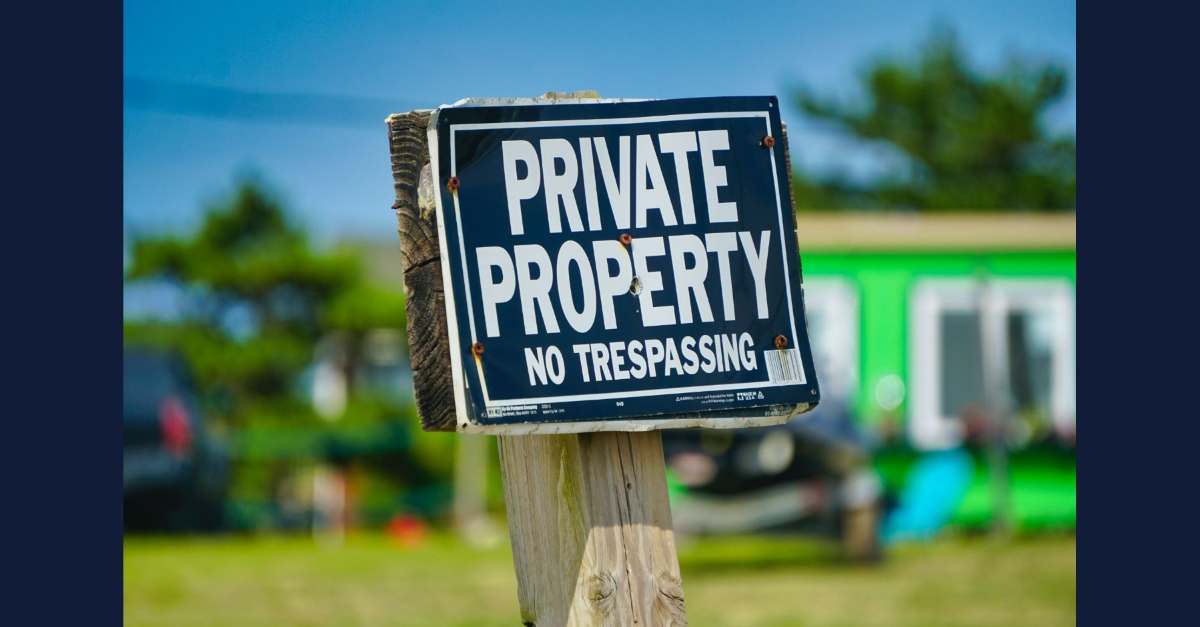
Sponsored content
The moment you step out of your house, there is a possibility you will be recorded. This can be done by someone shooting video on their cell phone, your neighbor’s security camera, or a camera installed on a vehicle on the road.
Having too many cameras tracking almost every move you make can be good or bad. Good, when it helps solve a crime or clear your name from false accusations, and bad when it makes you feel like it infringes your privacy.
Expectations of Private Locations
If a recording happens in a zone where you expect privacy, then you have a right to it, and any unauthorized surveillance at such a place would infringe on your rights. Areas a person may expect privacy include their home, hotel room, restrooms, and a dressing room, unless there is expressed communication that the dressing room is subject to surveillance.
“In most states, the right to privacy in the named locations is almost immutable,” says criminal defense attorney Patrick Woolley. It can only be abridged by express permission of the subject of the recording or a search warrant issued by a law enforcement agency.
Public Places
If the recording happens in a public space, recording is perfectly legal unless it becomes harassment. Harassment often happens when the recording is more than a one-off event.
For example, suppose you notice one person filming or recording your conversation from time to time and in a manner that is intended to intimidate or harass you. In that case, you may want to seek police protection or have a lawyer petition the courts for a restraining order against them.
Besides harassment, other recordings in a public space are perfectly legal. The reasoning behind the legality of recording in public is that a person cannot expect a high degree of privacy in a public place.
There Are Exemptions
There are some exemptions for public filming. For example, some states have laws prohibiting using low mirrors or cameras fitted in shoes to look under a woman’s skirt or dress. The reasoning behind these laws is that women expect privacy in matters of what lies beneath their dress. Surprisingly, some court rulings have ruled that a person does not have a right to privacy in a public space, irrespective of the type of recording.
The right to privacy extends to phone calls and any other form of communication that has a human voice. Under federal law, placing a recording device on the phone to eavesdrop on a conversation you are not a party to is a criminal offense punishable with prison time, fines, or both. However, recording a person as they talk on the phone in a public space without having a device on their phone is legal.
Law Enforcement Recording
Law enforcement officers do not enjoy the same privileges when recording in public. Doing so could trigger some constitutional protections. As a result, law enforcement agencies may only record private citizens in public by following due cause like getting a warrant.
If you believe a recording has infringed upon your right to privacy, it would be best to contact a lawyer to help you sue the offending party. However, if a recording happened outside of your privacy zones, you may not have ground for suing for violation of privacy. The best you can do is exercise caution in public and not to do or say something damaging if recorded.
[Image via Pexels]